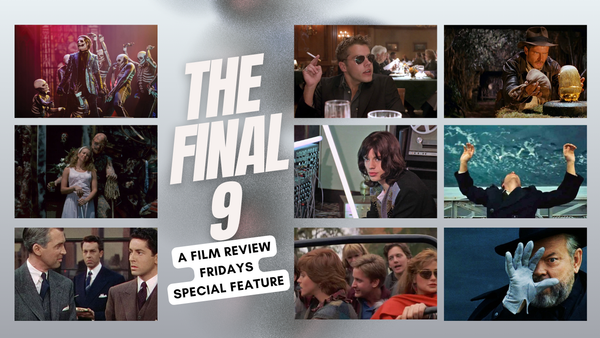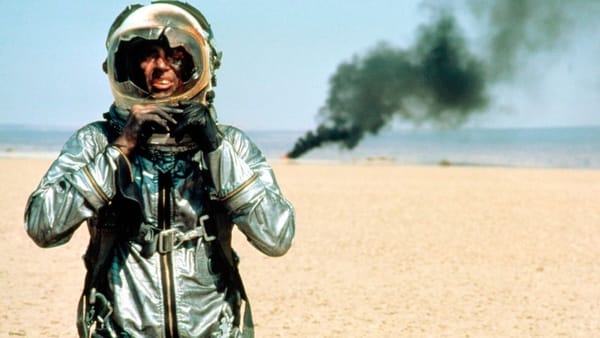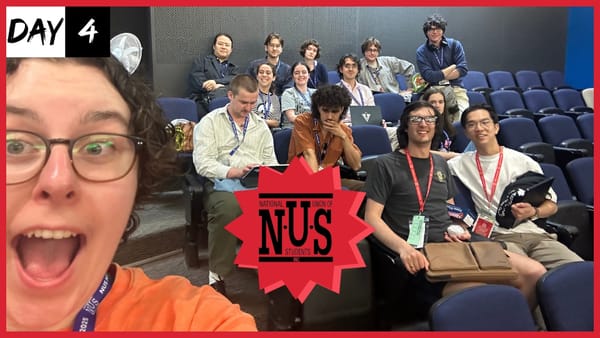Evade-a-Con: Day 4

It’s safe to say that Day 4 of the 2025 National Union of Students Education Conference didn’t go quietly. In fact, it ended with a bang, a pow and a flourish – courtesy of one of the more contentious plenaries of the week. Stephen Donnelly, founder of the Dunn Street campaign agency and former NUS Victorian State Branch President, took to the stage to deliver a presentation titles “From Inaction to Collective Action: The Practice of Leadership and Organising.”
SAlt members were not thrilled.
Let the Games Begin
Donnelly’s entrance was calm, even reflective. He opened with an overview of his history in student politics – including the uncertain days when legislation around the Education Services for Overseas (ESOS) was being drafted – and moved into a framework of leadership inspired by community organising heavyweights like Saul Alinsky, Fred Ross and Marshall Ganz.
But as soon as Donnelly introduced himself as an “activist,” murmurs turned to heckles. “That’s a stretch of the word ‘activist,’ but okay,” one SAlt student said. Moments later, cries of “shame!” began punctuating the air, a soundtrack that would continue throughout the session.
Donnelly pressed on.
Ganz, Obama and the Practice of Organising
Donnelly’s plenary centred on the teachings of Marshall Ganz – a long-time organiser who began his career with the United Farm Workers (UFW) under César Chávez and Fred Ross. Ganz left Harvard in the 1960s to organise with migrant farmworkers in California, eventually serving as the UFW’s lead campaign strategist for over two decades. He later returned to Harvard, completed a PhD, and now lectures on leadership and organising at the Kennedy School.
It’s this organising tradition – deeply rooted in collective power and personal narrative – that informed Donnelly’s own political development. Drawing from Ganz’s work, he discussed how he took those lessons to the U.S. to campaign for Obama in 2008, before returning to Australia to establish the Community Action Network. The model, he claims, was instrumental in helping elect the Andrew’s government in Victoria.
Leadership in Uncertain Times
Donnelly laid out his central claim: that effective leadership is “accepting responsibility for enabling others to achieve shared purpose under conditions of uncertainty.” He described how campaigns models must adapt over time, noting that methods which once worked may lose effectiveness if they aren’t re-evaluated.
Throughout the session, he returned to Ganz’s tripartite structure of leadership – head, heart and hands – and its core organising model: People. Power. Change. The key, Donnelly said, is identifying your people, understanding their values and interests, and building actions from the foundations.
“Who are your people?” he asked. “Know their struggles, their resources, their stories.”
“The bosses!” came the call from the back.
Tension Boils Over
As Donnelly continues, SAlt members grew increasingly agitated. They criticised the plenary for failing to address issues such as the destruction of public housing, the privatisation of services, and the ongoing crisis in Gaza. When repeated interruptions disrupted the presentation, they were eventually warned that they risked being removed from the venue.
Donnelly, to his credit, remained composed. He carried on, going into the psychology of mobilisation: “You can’t motivate people without urgency, purpose, and belief that they matter.”
SAlt remained unimpressed. “This is just a playbook for building your career,” one member muttered. “A school for hacks.”
Strategy and the ‘Snowflake’ Model
Donnelly’s final stretch focused on structuring leadership within campaigns. He introduced the “snowflake model” of distributed leadership: a network of interconnected leaders rather than one central figure under pressure. At the heart of this model, he argued, is relational organising – building values-based connections that can scale.
He detailed motivational task design (a favourite phrase of the day), suggesting that every volunteer should feel like they’re building a cathedral, not just carrying bricks. This metaphor, unsurprisingly, prompted more laughter and mockery from the back rows.
Still, Donnelly concluded with three intended outcomes of community organising:
- Tangible gains in society
- Improved organisational capacity
- Personal growth for the individuals involved
And, then – finally – came the discussion.
Questions, Critiques and a Finale
In the discussion, several audience members engage earnestly. Donnelly moved through the questions in a wide arc, some who’s reaching SAlt dead last, just as the session wrapped. Timing, as they say, is everything.
One speaker asked how to keep volunteers motivated without burning them out. Another questioned how to turn political agreement into meaningful action. Donnelly emphasised the need for “asks” that are realistic and personally relevant, and recounted moments from his own campaigns when small core groups created community through shared values, clear goals and a little fun.
Then came the final critiques from SAlt:
“No concept of what a campaign is.”
“What a shameful display.”
“This is what the student union and NLS want – to dupe people into power.”
Just as the atmosphere reached boiling point, the Unity students, sitting calmly in another section of the room, broke into a low chorus of “Solidarity Forever.”
And with that, my Day 4 wrapped up – though judging by the mood in the room , things may have kept rolling long after I left.




